Behavioural and physiological signs indicate Adelaide Zoo’s Giant Pandas are within days of the annual breeding season, as keeping and veterinary staff finalise preparations.
This year marks the third genuine attempt at breeding for Wang Wang and Fu Ni, and we are excited to be closer than ever before to achieving our ultimate goal of welcoming a Giant Panda cub to Adelaide Zoo.
Over the coming days, Zoos SA staff will be supported by reproductive fertility scientists who will analyse daily urine samples to determine the peak of Fu Ni’s oestrous cycle.
A Giant Panda reproductive specialist from the China Conservation and Research Centre for the Giant Panda has arrived in Adelaide to support the process.
Adelaide Zoo Senior Panda Keeper Simone Davey says the behaviour changes indicate Wang Wang and Fu Ni are within days of the yearly breeding season.
“Over the past few days, Fu Ni and Wang Wang’s activity levels have increased and they’re displaying classic panda mating behaviours, including prolonged pacing, scent-marking, and tree climbing,” Simone said.
“As Fu Ni has an extremely short window of fertility, lasting approximately 36 hours a year, the team is absolutely prepared to ensure that we don’t miss this opportunity.
“Giant Pandas have an incredibly unique reproductive biology. As a result, it can be difficult for a panda to become pregnant in captivity, and even more difficult to confirm a pregnancy and achieve a subsequent birth – but the team was pleased with the positive behaviours observed last year.
“Wang Wang displayed dominant male behaviours last year and the artificial insemination process confirmed that his semen is of excellent quality, which provides the team confidence for this breeding season.
“It is important to note that the average age for a male Giant Panda to mate naturally for the first time is ten years old, and Wang Wang has only just recently turned eleven.
“While our Giant Pandas have had contact on six occasions, only two seasons have provided a genuine chance at a natural mating and potential birth, as the pandas continue to sexually mature.
“A natural mating is our preferred option for breeding pandas; however, we will also utilise artificial insemination, as we did last year, to maximise our chances of success.
“This procedure has played an important role in the captive breeding of Giant Pandas around the world due to the species’ unique reproductive biology.”
Adelaide Zoo Senior Veterinarian Dr Ian Smith says Adelaide Zoo will again be assisted by a host of external support to help identify the pandas’ short reproductive window.
“At this point, reproductive specialists at Repromed step in to help pinpoint the exact time of ovulation through analysing urine samples,” Ian said.
“As soon as we see a significant decrease in Fu Ni’s levels of oestrogen and an increase in progesterone levels, we’ll know that she has recently ovulated and introductions between the pair will begin.”
Wang Wang and Fu Ni are fantastic ambassadors for their species and have an important part to play in the international Giant Panda research, conservation and breeding program designed to preserve this iconic species.
Regular breeding updates will be provided on the Adelaide Zoo Facebook page and the Zoos SA Twitter.
Sign Up for FREE Giant Panda Exclusive updates








